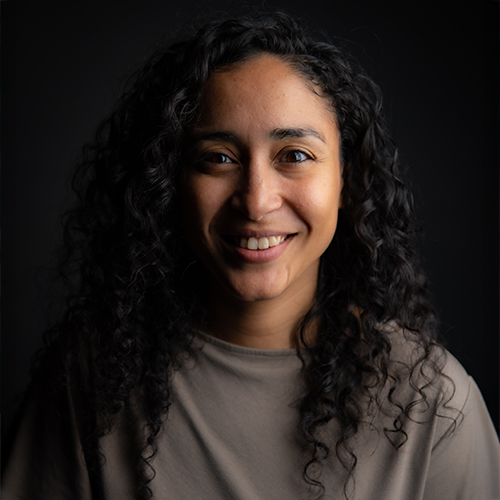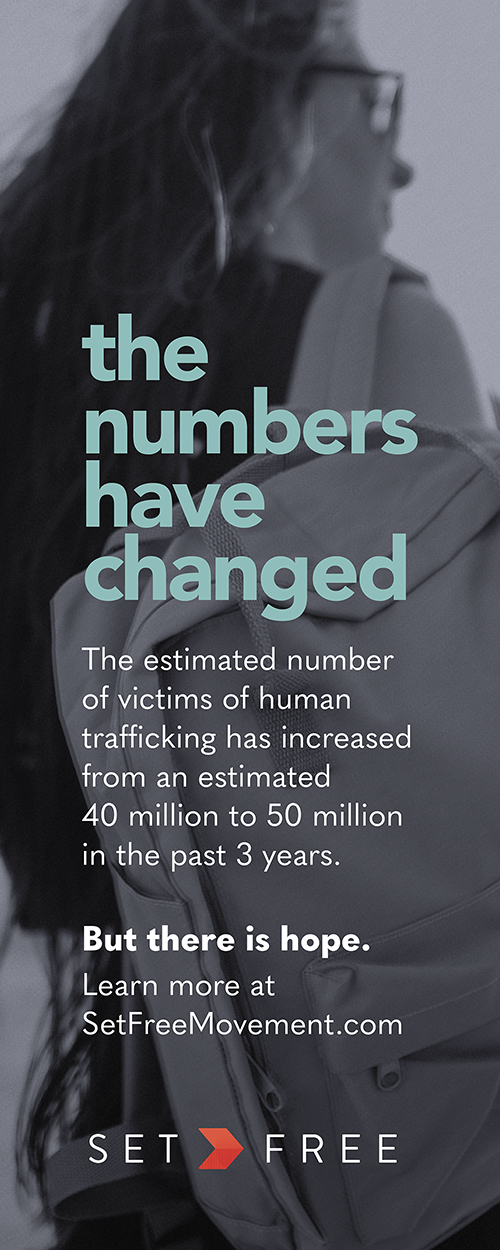By Alexandra Moon
The first year my husband and I came to pastor the church we now lead, we knew it would be a challenge to adapt to the ministry that awaited us.
We were both very different from the congregation that was waiting for us. Two young Hispanic pastors (he is from Korean descent, born and raised in Bolivia, and I am Chilean-Puerto Rican) assigned to lead a historic, mostly white church in a highly Hispanic community very close to the Mexican border.
From the beginning of our ministry, I knew it would be difficult to relate to people, not only because of who they are, but rather because of my own discomfort in relating to people different from me.
Different in the sense that they have a different culture, a different language (my first language is Spanish), a different idiosyncrasy than mine, and I knew that, according to my own history and experiences with the United States, there were some prejudices that God had to work on.
And God has done it. God has worked on my own prejudices and shown me that the history of our countries — even though it has been a very painful one, full of racism, discrimination and abuses of power — does not define the image with which people were created.
_
“God has called us to see people through His eyes, not our own — to follow the example of Christ in our treatment and reception of the people around us.”
_
It is possible to walk alongside people who have different ways of seeing life, historical backgrounds, political ideals. It is possible to walk alongside people of different ethnicities and nationalities, people who speak different languages.
But one thing I have learned is that this walking alongside people drastically different from us is a job that requires intentionality, humility and surrender to what the Holy Spirit is doing in the place where we find ourselves.
Through God’s Eyes
As pastors, leaders and followers of Christ, God has called us to see people through His eyes, not our own — to follow the example of Christ in our treatment and reception of the people around us.
Throughout His ministry, as we see in the gospels, Jesus taught us how to look at people without first examining or filtering their lives’ background, the depth of their sin, or the extent of their mistakes.
In Jesus’ eyes, no one could compare to His holiness, His perfection, and His righteousness. Rather, Jesus wanted to change the perspective of how people saw themselves and how His followers should see them.
Jesus looked at the woman subjected to bleeding as a beloved daughter. He sat down to eat with sinners and prostitutes. He went to the house of Zacchaeus — a thief and corrupt man — and He changed the lives of all of them by looking at them and treating them as He had created them.
That is the same call that the Holy Spirit is making to us, in our time and in the place where we find ourselves. To follow the words of Jesus who tells us, “Truly I tell you, whatever you did for one of the least of these brothers and sisters of mine, you did for me” (Matthew 25:40).
Of course, this is not something new that we have not heard before. Of course, we must look at people as God sees them and follow the example that Jesus left us.
However, this time has shown that the practice and exercise of this teaching have proven to be more difficult than we expected — especially in this country where the narrative we hear daily accentuates the division of thought and equates those differences with how we treat and receive people.
Struggles and Stories
I am sure that in each of our ministries we have encountered people with different struggles and stories:
People who struggle daily with addictions and alcoholism. People who struggle with pornography and sexual sins. People who struggle with greed and lack of generosity.
People who have broken earthly laws in many ways and have committed crimes in the past. People who carry the guilt and shame of their past decisions and the way they chose to live their lives. People who are now receiving the consequences of those mistakes.
Are we called to reject some of these people because their sin disagrees with my personal opinions or even the biblical values on which we have based our lives?
Are we called to reject people because we have measured their sin and somehow decided that their sin is far greater than ours?
Serving and Surrendering
God has not called us to choose what kind of people to serve. God has called us to humbly surrender our lives, “for we all have sinned and fall short of the glory of God” (Romans 3:23, paraphrased).
_
“… my opinion of people, their decisions and their stories is completely irrelevant. God’s opinion is what counts.”
_
God has also called us to live condemnation-free lives that offer people the same freedom from sin that we have received. The Apostle Paul taught us, “Therefore, there is now no condemnation for those who are in Christ Jesus, because through Christ Jesus the law of the Spirit who gives life has set you free from the law of sin and death” (Romans 8:1–2).
Are we called to reject people because of their sin? Are we willing to walk with people and teach them a life free from the condemnation and guilt that sin causes in our lives? Are we willing to walk with people without judging their past, with empathy for their present and with hope for their future?
Throughout the 10 years that God has allowed me to pastor and walk with people, the Holy Spirit has taught me that my opinion of people, their decisions and their stories is completely irrelevant. God’s opinion is what counts.
My job is to walk with people in the midst of their suffering, their joys, their learning as disciples. Help them navigate the complexities of life and the consequences of their actions, whether negative or positive. Be present, pray with them, and feed them physically and spiritually.
My job also involves examining myself daily — my prejudices, my sin, my lack of faith, my opinions, and my resentment at what is happening in this world — and handing all of this over to God. I need to ask God every day to give me the kind of humility that is required of me to see people as God sees them and walk with them here and now.
+

Alexandra Moon and her husband, Emmanuel, lead The Foundry Community Church in Escondido, California. Her heart is to reach the Latino community, so, in 2018, she planted the Hispanic ministry Foundry Español. Her passion is discipling people and teaching them to disciple others, helping people discover their gifts and callings, and empowering them toward obedience. Our vision is to build a Christ-centered community that fosters healthy relationships and invests in vital discipleship.











